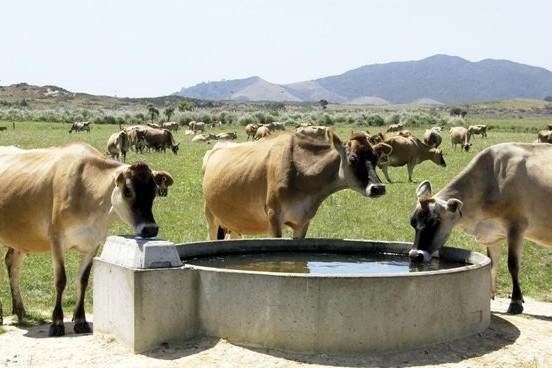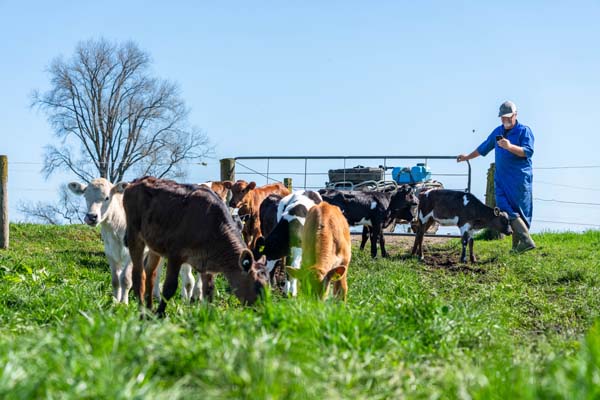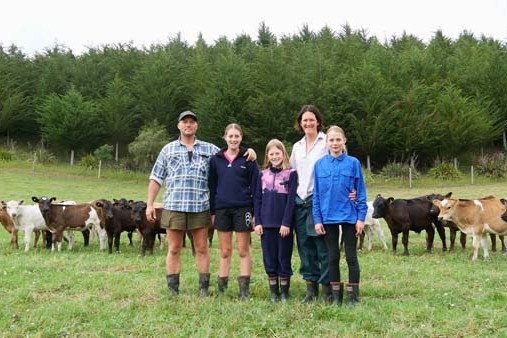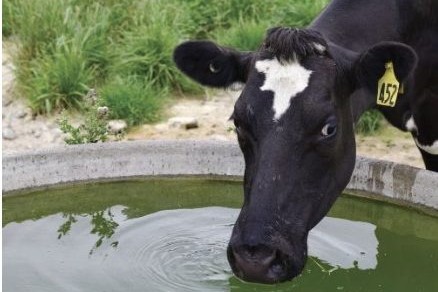Keeping your cows cool in the summer heat
Hot days can be uncomfortable for all of us. Cows feel the heat too – but they have a lower tolerance for hot weather than we do, mostly because they are ruminants and bigger than us, writes Ross Bishop.

Summer’s just around the corner and temperatures will quickly start to rise across the country.
When the temperature gets above 21C, cows start to reduce their feed intake and produce less milk. Jerseys cope better with warmer temperatures and don’t typically start to produce less milk until the temperature reaches 25C.
All regions in New Zealand have summer days when weather conditions get uncomfortable for us – and our cows, with our East Coast regions typically experiencing the hottest temperatures.
To keep cool on hot days, Kiwis often head to the beach or their local river for a swim, find a shady spot to enjoy an ice cream, or sip a cool drink. Cows use the same strategies when temperatures start to rise. They will drink more, become less active and use shade if it’s available.
Now is a good time to start thinking about how you can help your cows keep cool over the summer. Is your water supply in good working order and able to cope with the higher demand from cows on hot days? Are there troughs in races so cows can drink on the way to the paddock after milking? Can you make any adjustments to improve shade on your farm? For example, some farmers have installed shade sails in milking yards.
Changing milking times to avoid cows having to walk in the heat of the day is another strategy I’ve seen farmers use. Not only is it more pleasant for the cows – it’s more comfortable for farm teams.
It’s helpful at this time of year to consider how the past few summers affected your cows and talk with your team about what approach you will be taking to reduce heat stress among your herd this summer.
DairyNZ has a weekly email which goes out over summer to provide information on heat stress risk across different regions. You can sign up online at dairynz.co.nz/heatstress.
This webpage also has a calculator you can use to work out the temperature humidity index so you can monitor this, and it has advice on managing heat stress.
While hotter temperatures can be stressful for cows, I’ve seen a lot of farmers who are applying careful management strategies and good teamwork to keep their cows as comfortable as possible.
- Ross Bishop, is senior consulting officer, Bay of Plenty, DairyNZ




